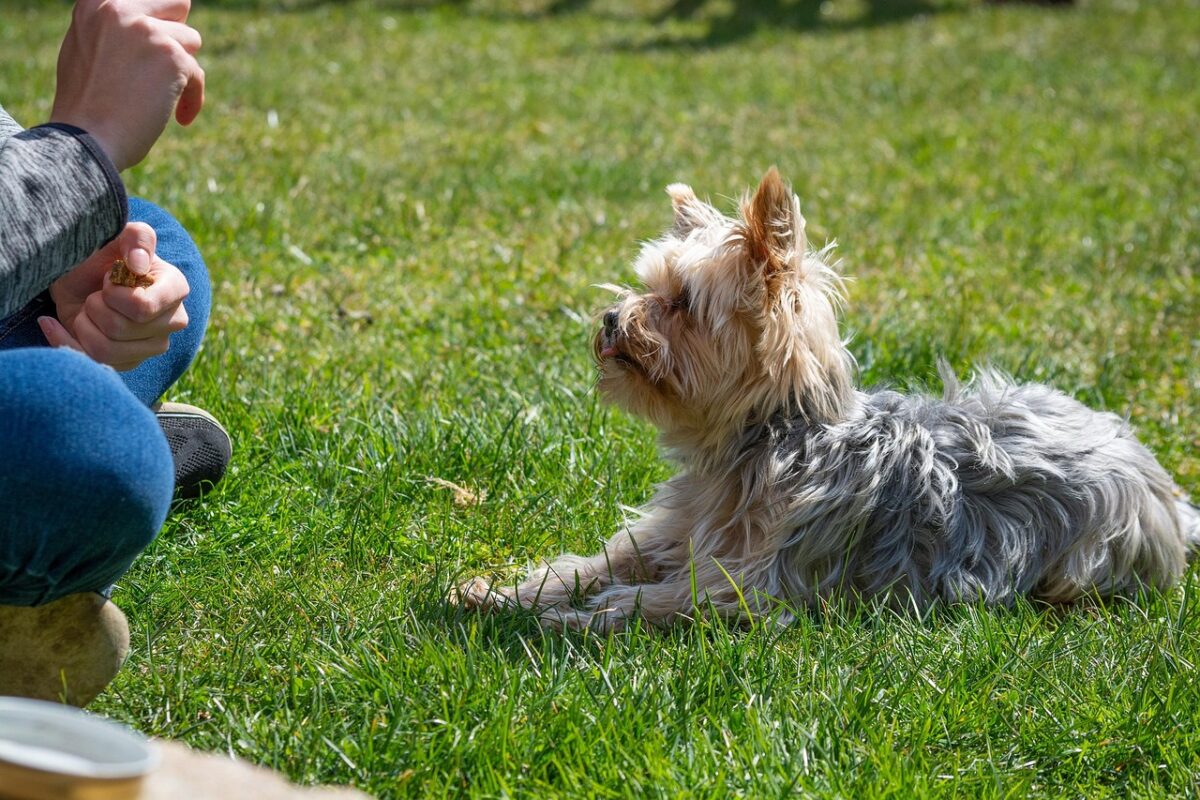Choosing the right dog can be a rewarding yet overwhelming experience, especially for first-time pet owners. If you’re looking for a furry companion that is easy to train, you’re in the right place. Some dog breeds are naturally more trainable than others, making them ideal for beginners or families. This guide will explore the key traits that make a dog easy to train, list the top 12 easiest dog breeds to train, and provide actionable training tips to ensure a smooth and enjoyable experience.
Several factors contribute to a dog’s trainability. Understanding these traits can help you choose a breed that matches your lifestyle and training goals.
Intelligence
Intelligence plays a significant role in a dog’s ability to learn commands and perform tricks. Breeds with higher intelligence tend to pick up on training cues quickly, making them easier to teach.
Temperament
A friendly and eager-to-please temperament is essential for a trainable dog. Breeds that are naturally sociable and willing to work with their owners respond better to training efforts.
Energy Level
High-energy dogs may require more exercise and stimulation, which can complicate training if not managed properly. Conversely, breeds with a moderate energy level are often easier to train as they can focus better during sessions.
Age and Maturity
While puppies are often more adaptable, older dogs can also be trained effectively. However, younger dogs may have shorter attention spans, requiring more patience and consistent reinforcement.
Top 12 Easiest Dog Breeds to Train
Here’s a list of the top 12 dog breeds known for their trainability, along with brief explanations of what makes each breed stand out.
1. Labrador Retriever
Labrador Retrievers are among the most popular dog breeds and are known for their friendly nature and eagerness to please. They excel in obedience training and are often used as service dogs due to their intelligence and adaptability.
2. Golden Retriever
Golden Retrievers are friendly, intelligent, and highly trainable. They thrive on positive reinforcement and are often used in therapy and assistance roles, making them ideal for families and first-time owners.
3. German Shepherd
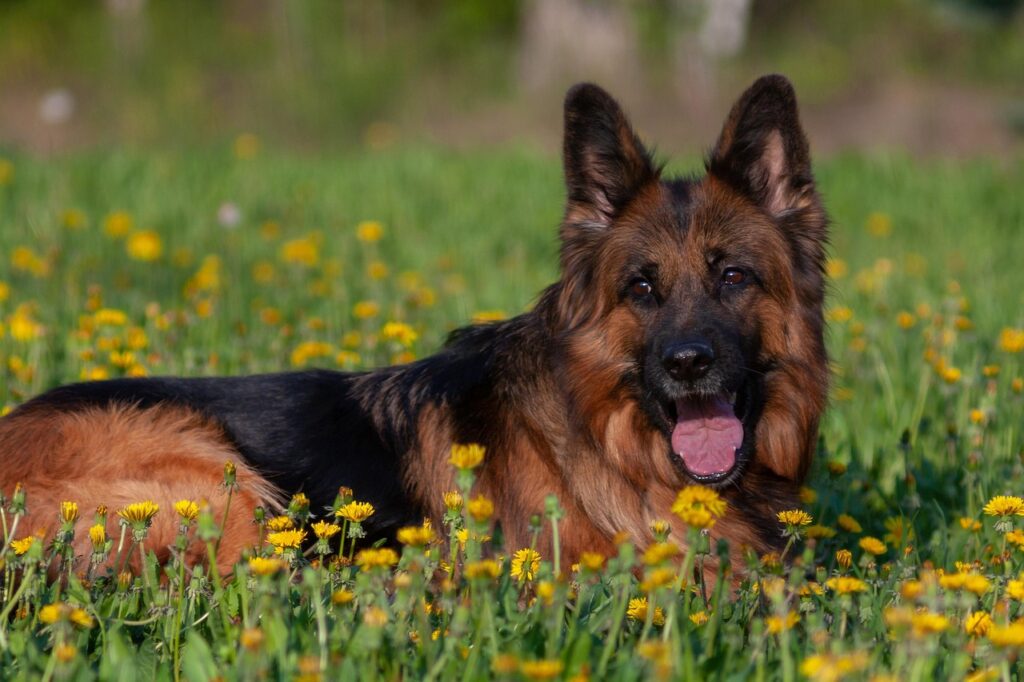
German Shepherds are highly intelligent and versatile, often used in police and military roles. They require consistent training and socialization but are very obedient when properly guided.
4. Poodle
Poodles come in standard, miniature, and toy sizes, all of which are highly intelligent and trainable. Their eagerness to learn and adaptability make them excellent companions for families.
5. Border Collie
Border Collies are known for their exceptional intelligence and energy levels. They excel in obedience and agility training, making them ideal for active families looking for a challenge.
6. Beagle

Beagles are friendly and curious dogs that respond well to training when motivated appropriately. They thrive on positive reinforcement and are great companions for families with children.
7. Doberman Pinscher
Dobermans are loyal and intelligent dogs that are highly trainable. They require consistent training and socialization but can be excellent family pets when properly managed.
8. Shetland Sheepdog
Shetland Sheepdogs are known for their intelligence and eagerness to please. They excel in obedience training and are great for families looking for a friendly and trainable companion.
9. Rottweiler
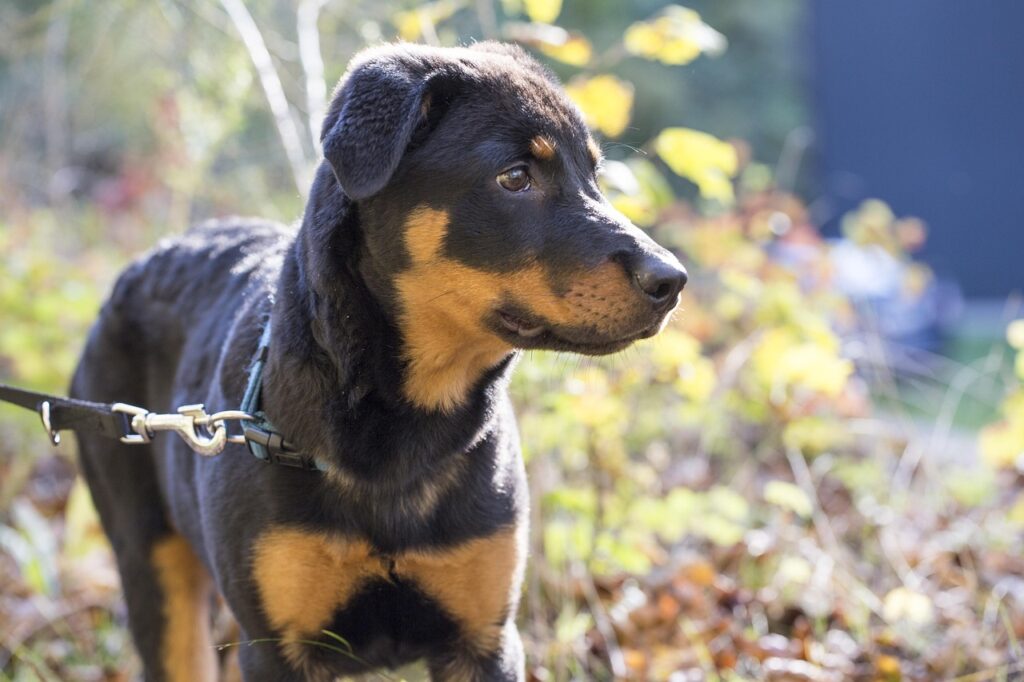
Rottweilers are confident and loyal dogs that can be trained effectively with proper guidance. They respond well to consistent training and are known for their protective nature.
10. Cocker Spaniel
Cocker Spaniels are affectionate and eager to learn. They thrive on positive reinforcement and respond well to training, making them great for families and first-time owners.
11. Boxer
Boxers are playful and energetic dogs that are also intelligent and trainable. They require consistent training and socialization but are known for their loyalty and affectionate nature.
12. Australian Shepherd
Australian Shepherds are highly intelligent and energetic dogs. They excel in obedience and agility training and require an active lifestyle, making them perfect for active families.
Key Traits of Trainable Dogs
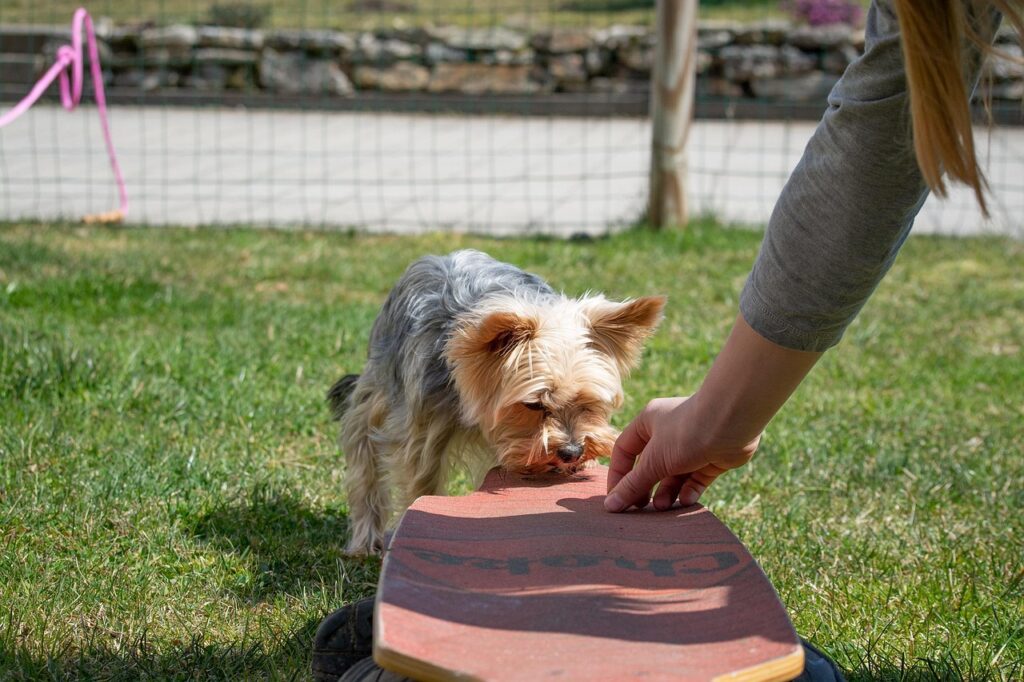
Identifying the traits that make dogs easy to train can help you select a breed that aligns with your lifestyle. Here are some key characteristics to consider:
Willingness to Please
Dogs that are eager to please their owners are often more receptive to training. This trait is commonly found in breeds like Golden Retrievers and Labrador Retrievers, who thrive on positive feedback.
Adaptability
Trainable dogs can adjust to new environments and situations easily. This adaptability is crucial for families with dynamic lifestyles, as it allows the dog to learn commands in various settings.
Focus and Attention
Dogs that can maintain focus during training sessions are generally easier to train. Breeds like Border Collies and Poodles are known for their ability to concentrate, making them ideal candidates for obedience training.
Socialization
Well-socialized dogs tend to be more comfortable in new situations, which can aid in their training. Exposing a puppy to various environments, people, and other animals can enhance their trainability.
Training Tips for Beginners
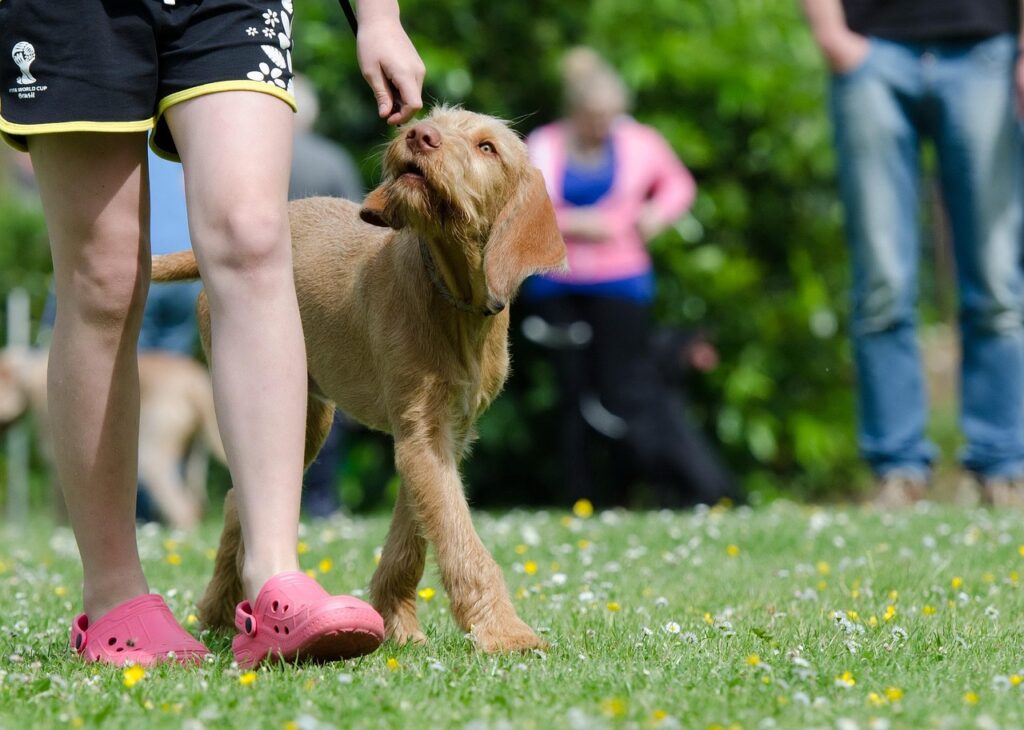
Training a dog can be a rewarding experience when approached with the right mindset and techniques. Here are some practical tips for first-time dog owners.
Start with Basic Commands
Focus on teaching basic commands like “sit,” “stay,” and “come.” These foundational commands establish a framework for further training and help build a strong bond between you and your dog.
Use Positive Reinforcement
Positive reinforcement techniques, such as treats, praise, and playtime, encourage desired behaviors. This method is effective in training and helps your dog associate learning with positive experiences.
Be Consistent
Consistency is key in dog training. Use the same commands and rewards for specific behaviors to avoid confusing your dog. Consistent training sessions help reinforce learning.
Keep Training Sessions Short
Short, engaging training sessions are more effective than long, drawn-out ones. Aim for 5-10 minute sessions multiple times a day to maintain your dog’s attention and enthusiasm.
Socialize Your Dog
Socialization is crucial for a well-rounded dog. Introduce your dog to various environments, people, and other animals to enhance their confidence and adaptability.
Seek Professional Help if Needed
If you encounter challenges during training, consider enrolling your dog in obedience classes or seeking guidance from a professional trainer. This can provide you with additional tools and techniques to enhance your training efforts.
Choosing the Right Dog for You
When selecting a dog, consider your lifestyle, activity level, and training goals. The easiest dogs to train often share key traits such as intelligence, a willingness to please, and adaptability. By choosing a breed that aligns with your lifestyle and following effective training techniques, you can create a harmonious relationship with your dog that lasts a lifetime. Remember, the journey of training a dog is not just about commands; it’s about building a lasting bond filled with love and companionship.
